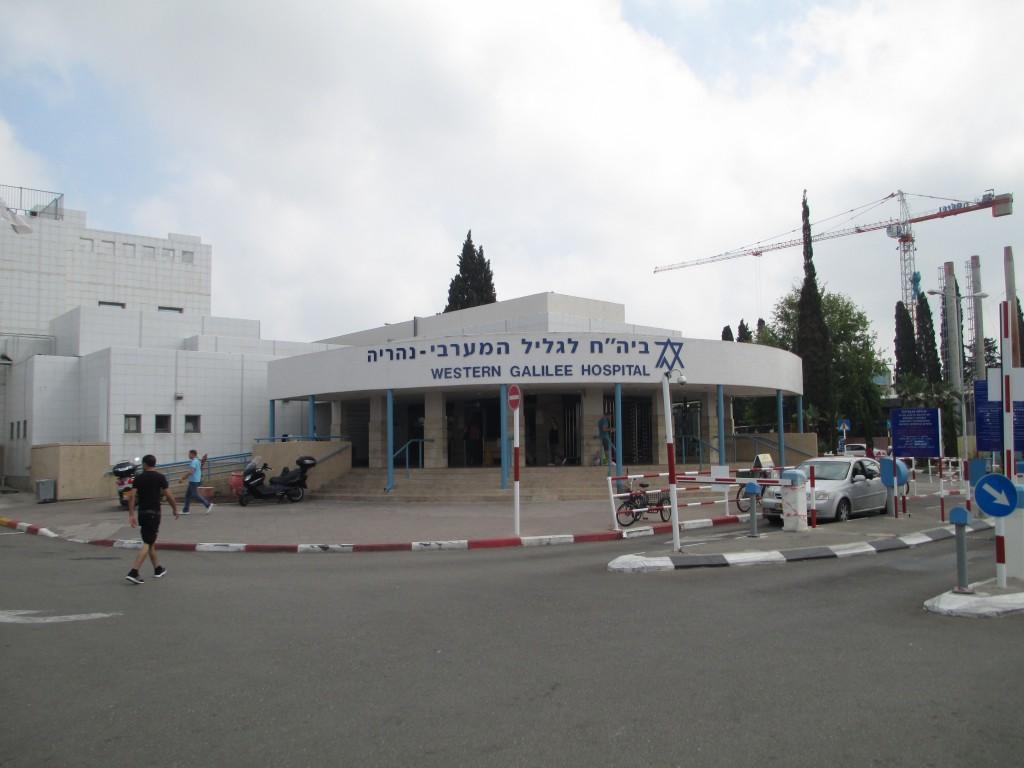With its neighbor to the east of Syria mired in civil war, Israel accepts a small number of civilian refugees from the conflict to hospitals and aid stations.
A San Diego State student organization is doing its own part to help in the relief effort. Snacks for Syria, the fundraiser led by Aztecs for Israel will raise money by selling snacks to students this week, proceeds from which will go to Western Galilee Hospital in Nahariya, a city in northwestern Israel.
The hospital was featured in an August New York Times story as part of Israel’s low-key effort to provide a modicum of aid to wounded rebels and civilians from Syria, who are estimated to number in the hundreds of thousands in Syria’s civil conflict so far.
By comparison, the number of Syrians treated in Israel’s relief effort is somewhere in the hundreds, according to media reports. The aid goes on quietly in the shadow of a 1949 armistice between Israel and Syria.
President of AFI Nirit Revzin said they got the idea for Snacks for Syria after students at University of Southern California had a similar fundraiser.
“We don’t do it for the credit,” Revzin said. “Honestly, anyone could donate money and nobody would know where it came from, but if it makes a difference and saves a life, if it does one thing for one person and we’ve done what we can, that’s what we want to do.”
A secondary goal was to showcase cooperation among student groups with conflicting perspectives on the Middle East, including Arab and Islamic groups, Revzin said.
With that in mind AFI contacted other student organizations as potential partners. Some chose not to participate, while others simply could not appear to endorse one side in a highly contentious debate that extends to many campuses in California.
Students for Justice in Palestine, SDSU’s pro-Palestine group, had reservations about joining the fundraiser and declined to participate.
Co-chair of SJP Nadir Bouhmouch said Israel’s efforts and the fundraiser serve to distract from Israel’s relations with Palestine.
“It’s a very difficult decision for us to make because we are a human rights organization,” Bouhmouch said. “The only problem with this event is it’s done (as) a form of propaganda.”
“We’re not against helping out refugees,” SJP co-chair Hassan Abdinur said. “We’re kind of torn … this goes above politics. At the end this goes above the Palestinian-Israeli issue.”
Revzin lamented SJP’s refusal to participate.
“We’re trying to make the peace happen on campus; I don’t know if we can make it happen in the Middle East, but we’re trying here,” Revzin said.
The Arab Student Association could not participate because of prior commitments, but the group’s president Mahmood Al-Jamalani said he will be in attendance.
The Olive Tree Initiative, a politically neutral group that attempts to educate about conflict in the Middle East, could not officially endorse the fundraiser out of respect for its mission. They did not respond to a request for comment before publication.
Snacks will be sold Monday through Thursday between 10:00 a.m. and 2:00 p.m. on the north side of Love Library. AFI plans to repeat the fundraiser until the end of the semester and donate the funds by spring, Revzin said.
Photo courtesy of Avishai Teicher







